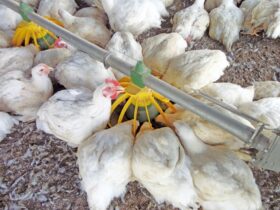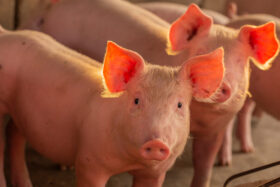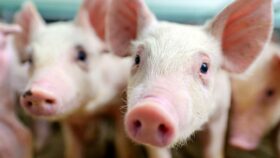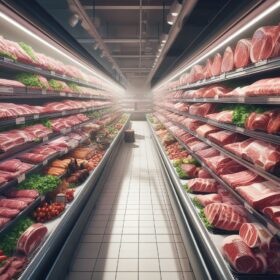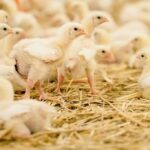The authorization and marketing of feed additives in the European Union is currently governed by Feed Additives Regulation (EC) No 1831/2003, which came into effect in 2004. In 2021, the European Commission formalized an initiative to revise it, stating as reasons both the focus brought by the Farm to Fork Strategy, as well as inherent complexities in phrasing, process, and more. Representatives of the EC’s responsible unit, DG SANTE Unit G5, have now confirmed to EW Nutrition that, following consultations and analysis, the revision of the legislation on the authorisation of feed additives will not happen under the current Commission’s mandate.
The revision was initially deemed necessary on several grounds:
- Not enough focus on sustainable animal farming
- Lack of flexibility in promoting technical and scientific innovation
- A lengthy authorization process
- Unnecessary administrative burden
- Ineffective imports control leading to unfair competition between EU and non-EU operators
- Dependency on imports from third countries for some additives (e.g., vitamins)
- Restrictions on the circulation of feed additives only intended for export
- Insufficient legal clarity and consistency for a few aspects of the Regulation, e.g. use of certain additives in drinking water or labelling provisions for worker safety provisions in various complementary but unclear Regulations
- Extensive, unnecessary labeling regulations that create physical and administrative burdens
Near the end of the two-year assessment process, however, the response of European governmental, supra-national, and non-governmental bodies appears to have been lukewarm. Overall, the conclusion of the EC unit overseeing the process was that “while a review of the framework would be useful, it does not appear necessary, considering the possibilities already granted by the existing legal framework.” In other words, applicants will have to use the existing mechanisms for applications, with no prospect for change in the near future.
Other strategies and regulations have also fallen through the cracks. For instance, the EU Animal Health Strategy 2007-2013 has not been updated in 10 years and there are no plans to renew the initiative. This is likely because the Green Deal and the flurry of new or upcoming regulations related to it are expected to supplant the framework for protein production in the European Union.
As the mandate of the current EC ends in 2024, there is a slim chance that the feed additive authorization process might be made less cumbersome once a new commission takes over.

